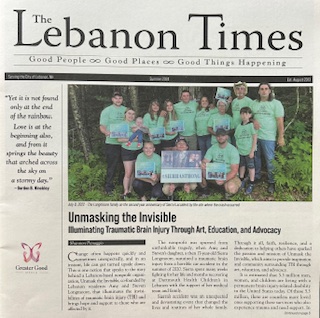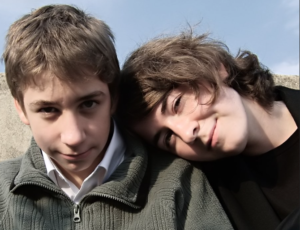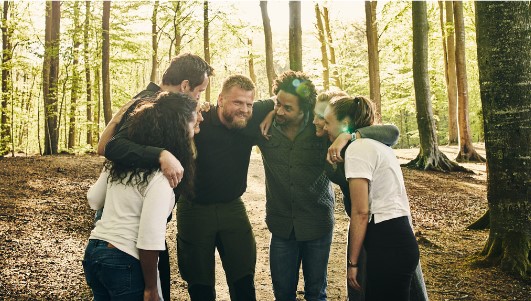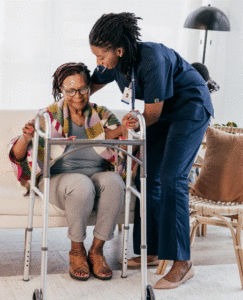One day you will tell your story of how you overcame what you went through
and it will be someone else's survival guide.
-Brene Brown
In the News


Making an impact.
The birth of Unmask the Invisible was founded on the idea of paying it forward and helping others so they are not alone on this journey.
Below is a link to news articles from inception to the present. (news articles would go be linked to read more)
Let your voice be heard.
Sierra has survived the impossible and now wants to share her story with others as a Beacon of Hope! We offer educational speaking engagements for parents, educators, and providers. Learn from our personal experience or from our dedicated Board of Directors who all have a personal connection with the brain injured community.
Contact us today to learn more.
Reintegration


The gift of knowledge is empowering, but the gift of wisdom is life-changing. - A.D. Posey
Traumatic brain injury (TBI) happens when a sudden, external, physical assault damages the brain. It is one of the most common causes of disability and death in adults. TBI is a broad term that describes a vast array of injuries that happen to the brain. The damage can be focal (confined to one area of the brain) or diffuse (happens in more than one area of the brain). The severity of a brain injury can range from a mild concussion to a severe injury that results in coma or even death.
Traumatic Brain Injury | Johns Hopkins Medicine
The Halo Fund

Sibling Support

We understand.
There are many therapies and medical equipment that can benefit a brain injury survivor. We know firsthand many of these necessities are not covered by insurances. Therefore, we created a financial assistance fund to support you and your loved ones to access care and equipment beyond insurance.
Contact us today to see if we can help you financially access a therapy or piece of equipment to support you on your healing journey.
Siblings have trauma too.
Feelings can range from compassion and love to jealousy and abandonment. You've lost the person you knew. You may feel angry, lost, sad, or confused —but knowing you are not alone in these feelings and being able to share with others who understand is not only fulfilling for you but helps others. Don't keep it all to yourself.
Together we can light the way for a brighter tomorrow.
In-Person Retreats

Respite for Caregivers

Totally. Brave. Individual.
Our retreats focus on you and those who support you! At our retreats, you can expect to engage with others, enlighten your spirit, empower your brain through various activities, share resources, as well as experience the enrichment of overall wellness.
You will leave the retreat with a network of resources and lifelong connections to strengthen you through your rehabilitative journey.
Check our events page or contact us for more information.
Care you can trust.
In your role as a caregiver, you will probably find that it can be difficult to get appropriate and adequate services for your loved one. It is important to know that you will most likely need to advocate for your loved one and be persistent in your search for assistance.
Taking care of yourself is most important when providing care for a brain injured loved one.
Respite care provides breaks from caregiving to rejuvenate yourself so that you can continue to care for the survivor.